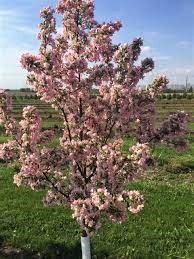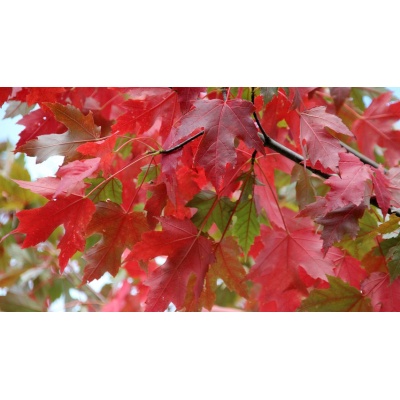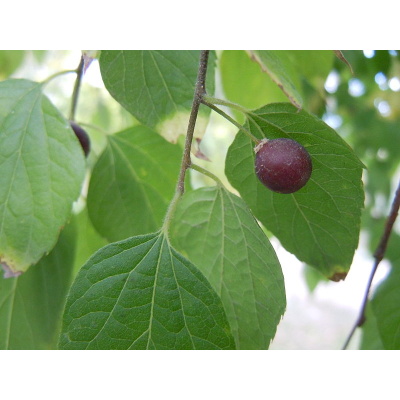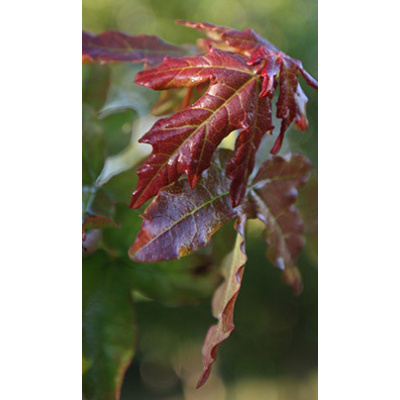Description
 Malus Malusquest Pink Sparkles Crabapple
Malus Malusquest Pink Sparkles Crabapple
Pink Sparkles® Crabapple is an exciting cross of ‘Prairifire’ and ‘Red Jewel’ Crabapples. Pink Sparkles® begins with soft pink flowers followed by clean, disease-free foliage and culminates in long-lasting, vibrant red fruit. The bright, cherry red fruit will last the entire winter and be effective even into spring. McKay Nursery Company is pleased to be the main source for this wonderful mid-sized Crabapple.
Top of Form
It has good resistance to apple scab, mildew, and fireblight.
Height: 12-15′
Spread: 10-12′
Shape: Compact, pyramidal
Flower: Light pink
Fruit: Bright cherry red
Foliage: Green
Fall foliage: Yellow
Exposure: Full sun to part
Zone: 4-8



Reviews
There are no reviews yet.